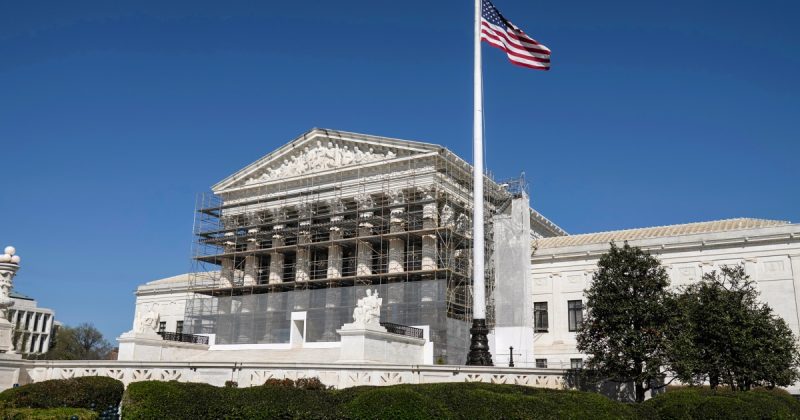
In a significant legal development, the Supreme Court temporarily sided with the Trump administration on Monday, granting an emergency request to end deportation protections for hundreds of thousands of Venezuelan migrants. This decision effectively suspends the Biden-era protections that had been in place, leaving the future of these individuals uncertain.
The Trump administration argued that the lower court’s decision to block the termination of these protections usurped the executive branch’s authority over immigration policy and imposed the judge’s own foreign policy views. They further contended that the evidence presented to support claims of racial animus behind the decision was insufficient and out of context.
However, the lower court judge, Edward Chen, described the administration’s move as unprecedented and potentially motivated by unconstitutional animus. He highlighted the potential for irreparable harm to hundreds of thousands of individuals, significant economic consequences, and negative impacts on public health and safety if the protections were lifted. He also noted the government’s failure to demonstrate any countervailing harm in maintaining the status quo.
The case now hinges on whether the plaintiffs can successfully demonstrate that the administration’s actions are illegal and driven by unconstitutional bias. This temporary halt by the Supreme Court represents a setback for those seeking to maintain their protected status, highlighting the ongoing legal battle over immigration policy and the delicate balance between executive authority and judicial review. The decision comes amidst other legal challenges to Trump-era immigration policies, underscoring the complexity and ongoing debate surrounding immigration in the United States.
While the Supreme Court’s decision is temporary, pending further litigation, it leaves many Venezuelan migrants in a precarious position, facing potential deportation to a country the State Department still considers dangerous. The legal fight continues, with the outcome having far-reaching consequences for the affected individuals and the broader immigration debate.










